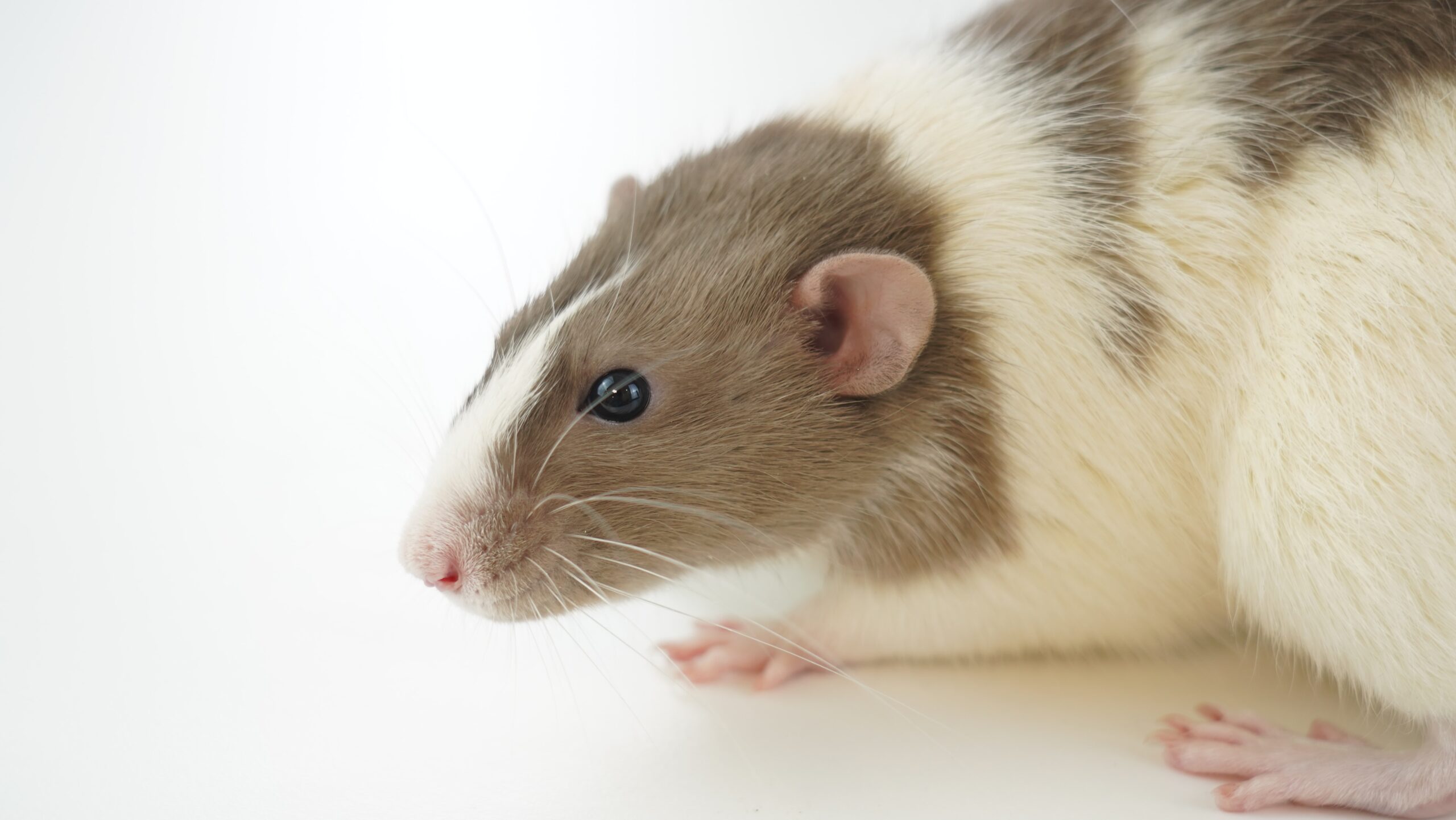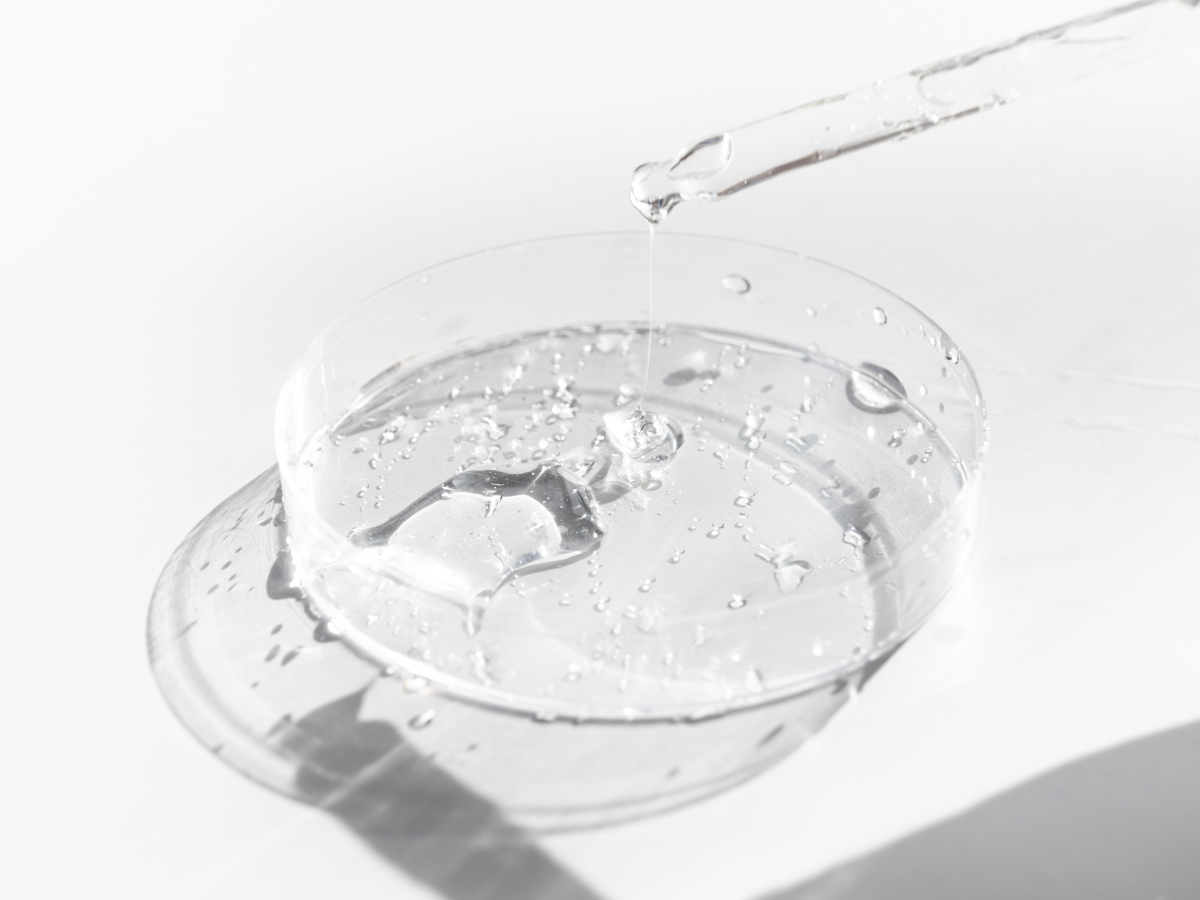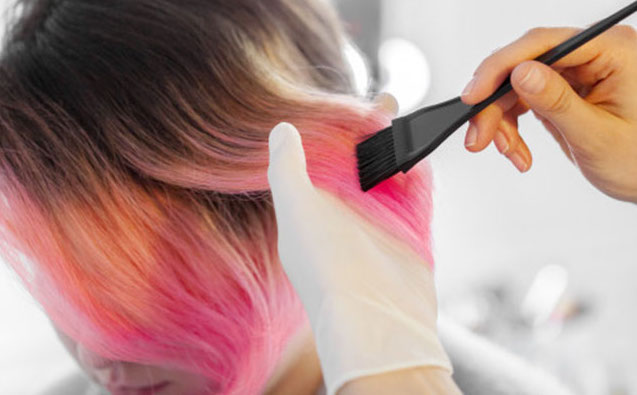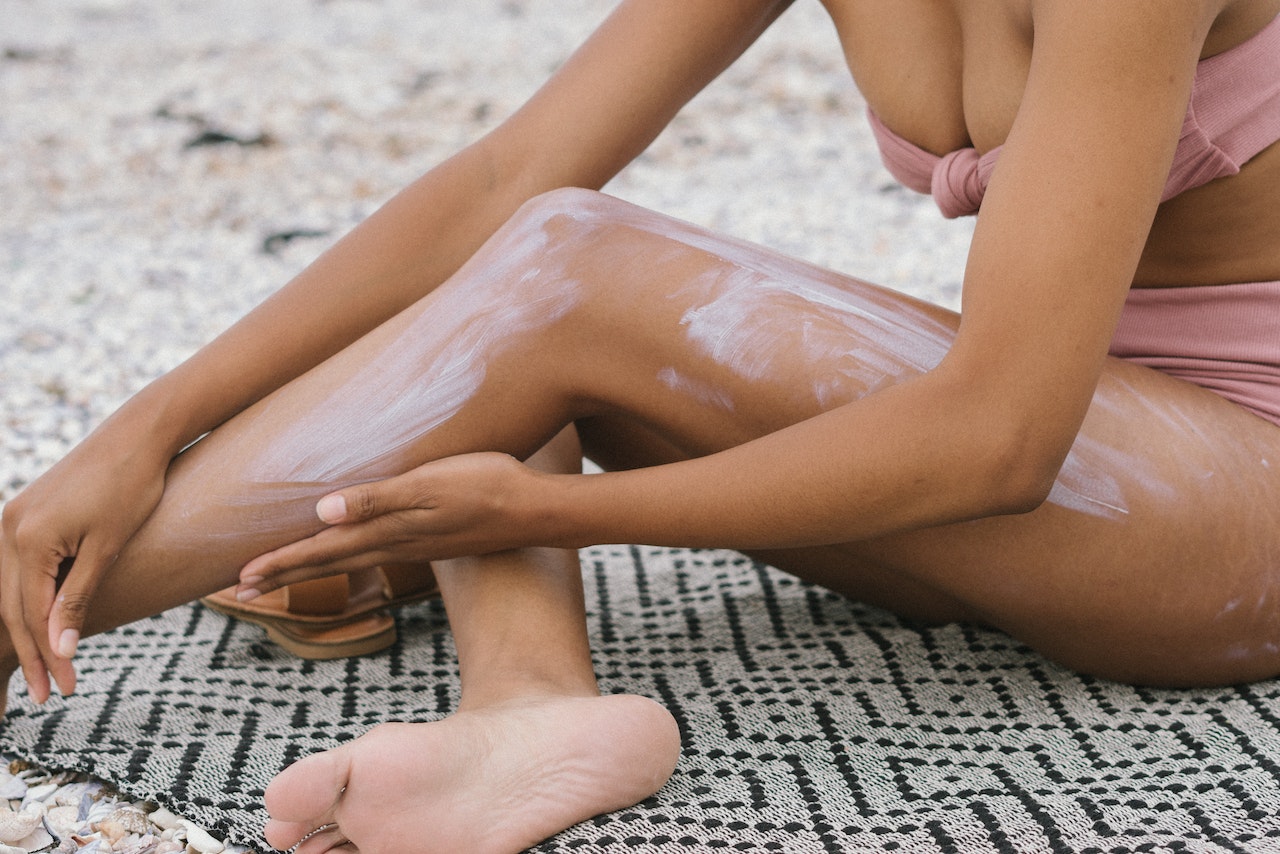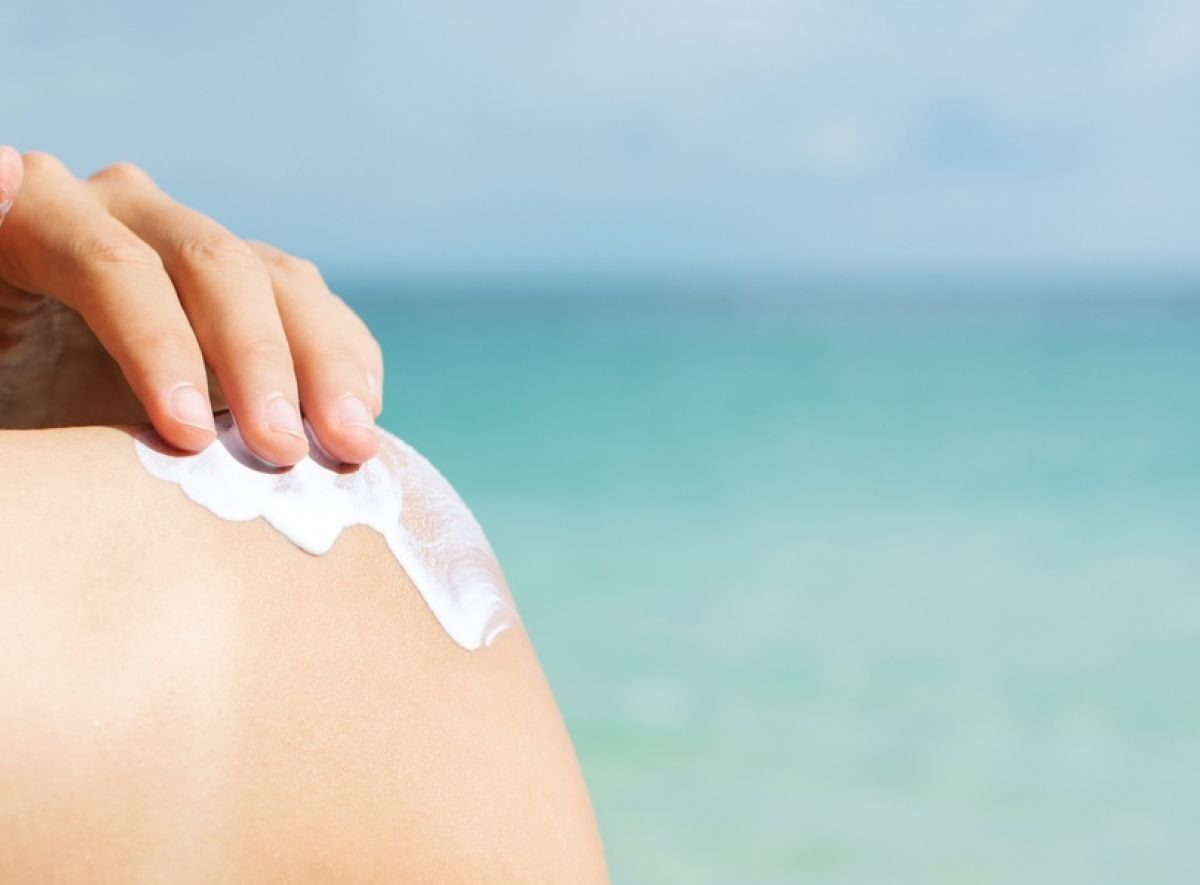SENATE BILL NO. 1379 – ANIMAL TESTING BAN
According to the Senate Bill No. 1379, starting January 1st, 2022, it will no longer be permitted to perform tests of cosmetic products on animals. Moreover, beginning July 1st, 2022, the sale of cosmetics tested on animals will also be banned.
The Humane Cosmetics Act “prohibits a cosmetics manufacturer from:
- (i) conducting or contracting for cosmetic animal testing that occurs in the Commonwealth on or after January 1, 2022
- (ii) manufacturing or importing to profit into the Commonwealth any cosmetic or ingredient thereof, if the cosmetics manufacturer knew or reasonably should have known that the cosmetic or any component thereof was developed or manufactured using cosmetic animal testing that was conducted on or after January 1, 2022;
- (iii) beginning July 1, 2022, selling or offering for sale within the Commonwealth any cosmetic, if the cosmetics manufacturer knows or reasonably should know that the cosmetic or any component thereof was developed or manufactured using cosmetic animal testing that was conducted on or after January 1, 2022.”
Civil penalties will be applied to violations (up to $5,000 and an additional $1,000 for each day the violation continues).
There are four exceptions to this ban. Prohibitions do not apply to cosmetics for which the animal testing was:
- Required by a federal or state regulatory authority and if:
- (i) the test ingredient is in wide use and cannot be replaced by another ingredient (capable of performing similar function;
- (ii) a specific human health problem is substantiated that justifies the need to conduct such animal testing (supported by a detail research protocol);
- (iii) and does not exist an alternative testing method accepted for the relevant purpose (by the federal/state regulatory agency).
- Required by a foreign jurisdiction or foreign regulatory agency, and conducted outside the U.S.
- No evidence derived from such test shall be relied upon to substantiate the safety of the cosmetics sold in Virginia.
- Conducted on any product/ingredient subject to the requirements of Subchapter V of the Federal Food, Drug, and Cosmetic Act (21 U.S.C. § 351 et seq.); or
- Required by a federal, state, or foreign regulatory agency for a purpose unrelated to cosmetics (subjected to conditions).
This ban in the state of Virginia is part of a greater effort to stop animal testing on a federal level. California, Nevada and Illinois are the three states that already banned the animal testing in cosmetic and personal care products. New York, Oregon, New Jersey, Maryland, Rhode Island and Hawaii are expected to pass similar laws.
Several other countries have also been making changes towards banning animal testing on cosmetic products and harmonizing its cosmetic regulations with the European Cosmetic Regulation ((EC) No 1223/2009).
References:
- Senate Bill No 1379 – Chapter 52, Humane Cosmetics Act – https://lis.virginia.gov/cgi-bin/legp604.exe?211+ful+SB1379

